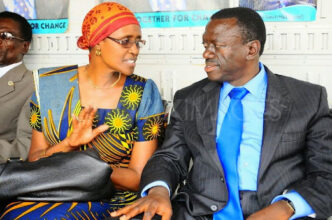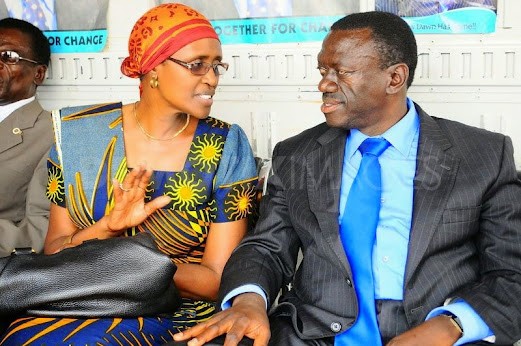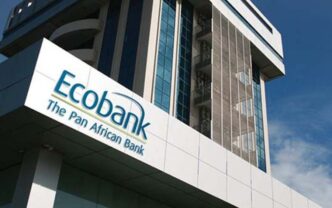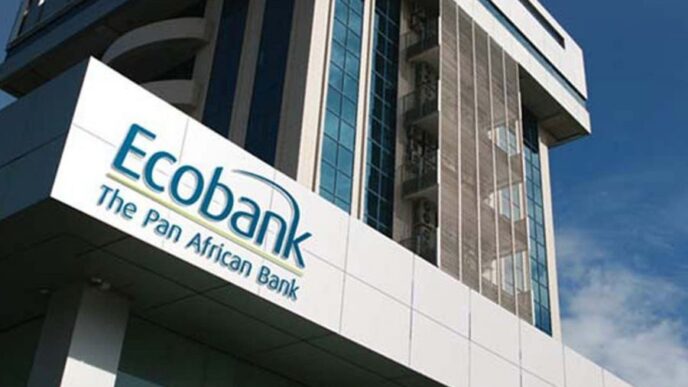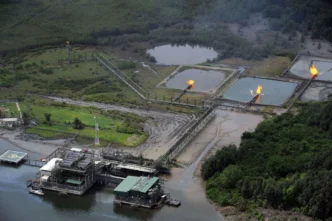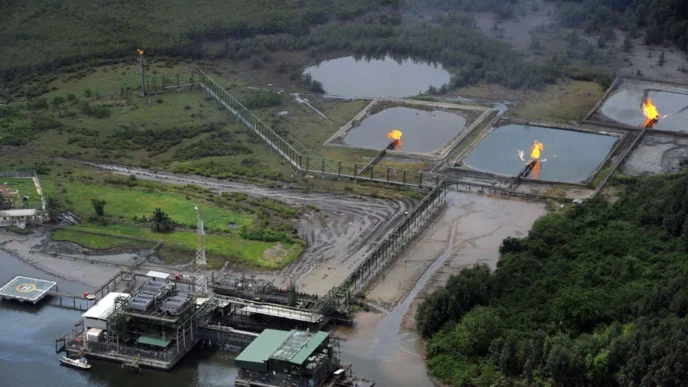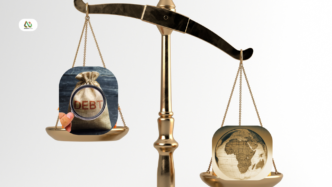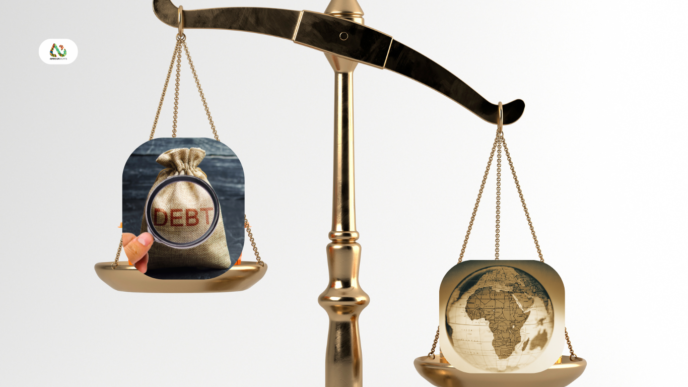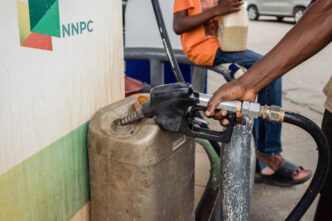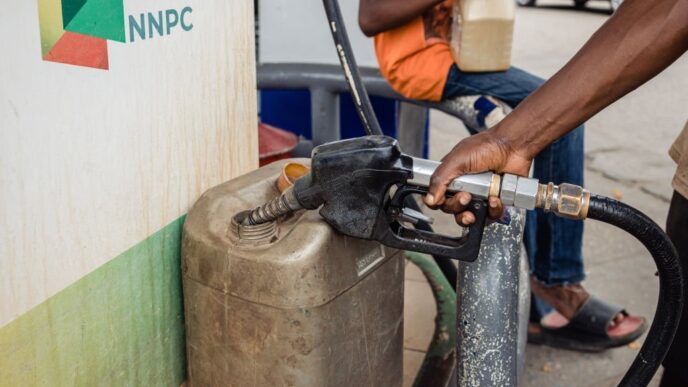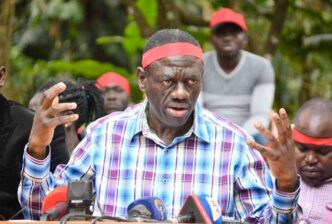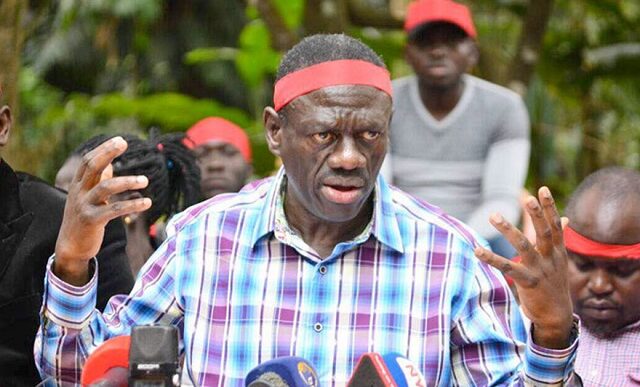Botswana’s newly elected President, Duma Boko, has unveiled ambitious plans to diversify the country’s economy by capitalizing on its abundant solar energy and tapping into the rapidly growing medicinal cannabis market.
In his first State of the Nation address, Boko spoke on the need to reduce the country’s reliance on diamond exports, which currently make up 80% of Botswana’s foreign earnings.
After winning the election three weeks ago, President Boko outlined a forward-thinking strategy to shift Botswana’s economy away from diamonds. This move comes as diamond revenues have plummeted by over 60% in recent years, signaling that the country can no longer afford to rely on a single commodity. In response, Boko is pushing for the development of high-potential sectors such as renewable energy, agriculture, tourism, and technology.
Harnessing Botswana’s Solar Energy Potential
One of the standout components of President Boko’s economic plan is the country’s vast solar energy potential. With more than 3,200 hours of sunlight annually and an average of 21 megajoules per square meter, Botswana ranks among the highest globally in solar energy availability.
Boko believes that by tapping into this renewable energy resource, Botswana can position itself as a leader in clean energy in Africa, paving the way for sustainable growth and development.
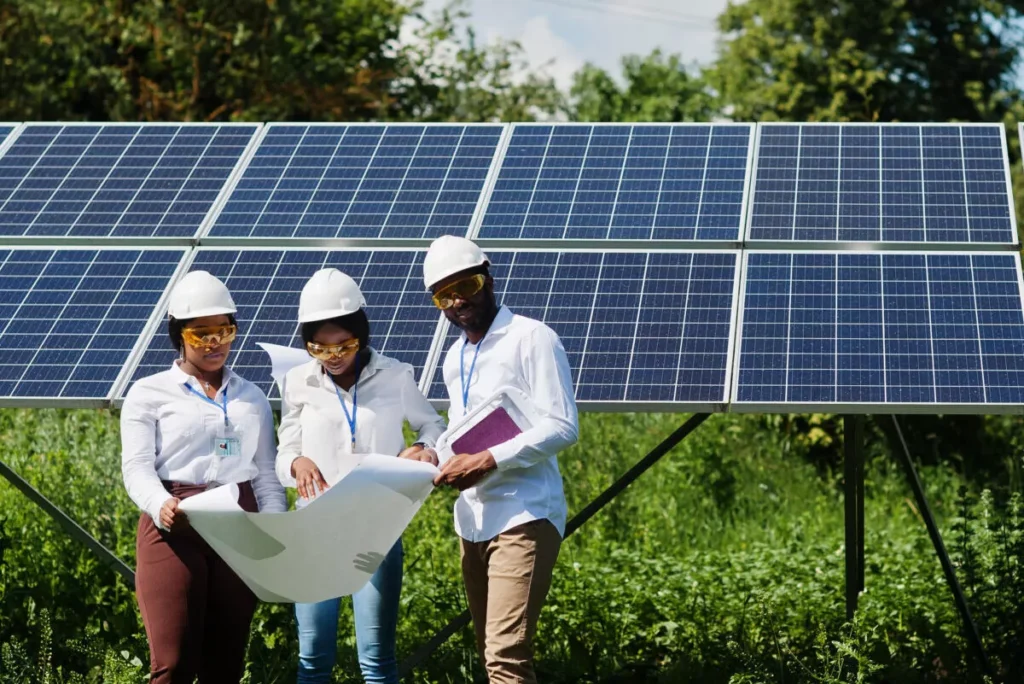
Botswana’s Solar Energy and Cannabis: The Future of the Economy
Botswana will harness the booming global cannabis market to strengthen its economy, complementing its ongoing solar energy initiatives. In particular, the government will cultivate medicinal cannabis and industrial hemp to meet the growing international demand for these products.
Moreover, President Boko projects significant economic benefits, stating, “We will increase GDP substantially through cannabis and hemp-related products,” while also emphasizing the sector’s vast potential to generate much-needed employment opportunities.
Furthermore, the administration will actively diversify Botswana’s economy to address the persistently high unemployment rates, which previously reached 27%, with youth unemployment climbing to an alarming 38%. By prioritizing investments in cannabis and hemp industries, the government intends to drive sustainable economic growth. In addition, it aims to create long-term opportunities for its citizens, especially the youth, thereby laying the groundwork for a more prosperous and inclusive future.

Technology and Innovation to Drive Job Creation
In addition to solar energy and cannabis, Botswana’s government will focus on innovation and technology to diversify its economy further. For instance, the administration will partner with Starlink, Elon Musk’s satellite internet provider, to deliver affordable internet access across the country. This initiative will form part of a broader effort to transform Botswana into a digital hub for the region. As a result, the government aims to drive enhanced connectivity, stimulate economic growth, and attract investments in technology-driven sectors.
Moreover, the government will strategically integrate its focus on renewable energy and cannabis with increased investments in technology and infrastructure. Consequently, these efforts will position Botswana to transition towards a more diversified and resilient economy. Additionally, the combined emphasis on innovation, connectivity, and sustainable industries underscores the country’s commitment to fostering long-term economic growth and competitiveness on a regional and global scale.
Botswana’s Path to a Sustainable Future
With solar energy and cannabis emerging as key drivers of Botswana’s economic transformation, the country is poised to reduce its dependency on diamonds and embrace a more sustainable, diversified future. President Boko’s leadership and vision are set to place Botswana on the map as a model of innovation and renewable energy development in Africa.
As the nation moves forward with these initiatives, the hope is that Botswana will become a beacon of economic prosperity, job creation, and sustainable development in the region.
Read More:




